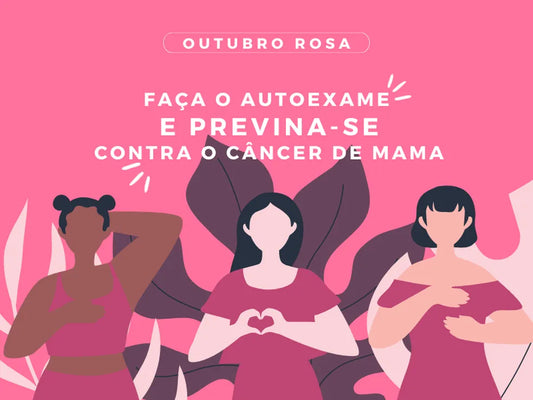Premenstrual Syndrome (PMS), also known as Premenstrual Tension (PMS) is common in many women. It is estimated that around 90% of the female population will have experienced, at least once in their lives, some premenstrual symptom, more or less intense, and that approximately 20% to 50% of women of childbearing age have PMS regularly .
PMS is part of the natural menstrual cycle and, although its cause is not entirely clear, its symptoms are attributed to the increased production of estrogen and progesterone, which occurs in the luteal phase (see blog article).
The common signs of PMS can be a set of physical and psychological symptoms (isolated or combined), which appear a few days before menstruation and which generally end a few hours after the onset of menstruation. The most common are: unstable and irritable mood, anxiety, depression, acne, headaches, sore and swollen breasts.
Not all women experience identical symptoms during this phase, but even similar ones can manifest themselves in different ways, and can assume mild to moderate intensities. It is also possible that they change throughout the woman's life, and may even disappear with aging and the onset of menopause.
In rarer cases, PMS can manifest itself through more severe symptoms and, in this situation, we may be facing a case of Premenstrual Dysphoric Disorder - which is a form of severe PMS - considered a disorder of psychiatric origin.
Typically, the symptoms are more intense, such as outbursts of anger and anxiety attacks and those who suffer from this premenstrual dysphoric disorder, unlike simple PMS, may have interpersonal relationship problems, which can lead to problems in their intimate and professional life. In the face of a situation of this type, it is advisable to consult a doctor.
Currently, there is no definitive test or examination to diagnose PMS, and it can be identified after a careful evaluation of the clinical history and physical examinations. Factors such as stress, family history associated with depression, postpartum depression, may be associated with a greater predisposition to suffer from PMS.
Many women are able to control their symptoms with lifestyle changes alone. The practice of regular physical exercise, relaxation techniques and a balanced diet, rich in fruits and vegetables, can help. In some cases, vitamin supplements may be indicated to alleviate the symptoms.
If you suffer from PMS, don't feel alone. We are many!
Flow has some products that can help you get through these days, with more symptom relief. Check out the website.
To help with Premenstrual Syndrome (PMS):
- Pink Croissant by Ouity (food supplement for PMS): Pink Croissant
- Thermal pad (to relieve menstrual cramps naturally): thermal pad
- Pack BE RELAX (relief of stress and menstrual pain).: Be Relax
For menstrual cycle control, Flow has several sustainable and
reusable:
Menstrual Discs: https://ohyourflow.com/collections/discos-menstruais
Menstrual underpants: https://ohyourflow.com/collections/cuecas-menstruais
Menstrual pads: https://ohyourflow.com/collections/pensos-reutilizaveis
Menstrual cups: https://ohyourflow.com/collections/copos-menstruais
Flow is a brand of intimate hygiene products, an educational brand and we want to help transform the way we operate in the world!
Are you coming with us?
https://ohyourflow.com
Margarida L. for Flow


